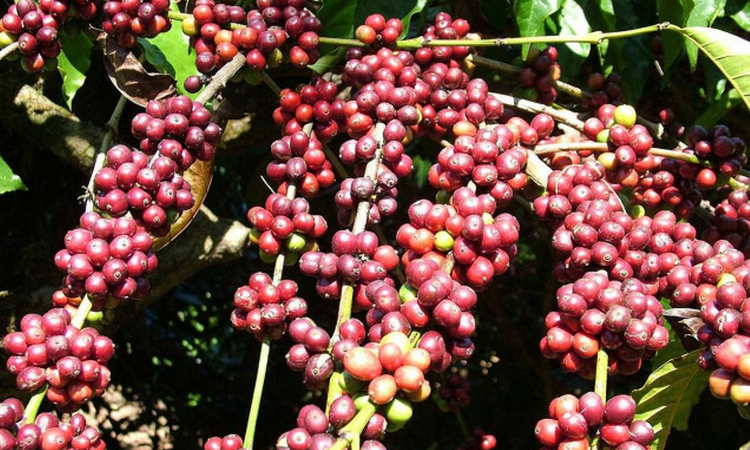SARFAESI Act Applicable To Coffee Plantations In State Of Karnataka : Karnataka High Court
Mustafa Plumber
6 Feb 2021 9:49 AM IST

Protection for agricultural lands from SARFAESI proceedings not applicable to coffee estates.
Next Story
6 Feb 2021 9:49 AM IST
